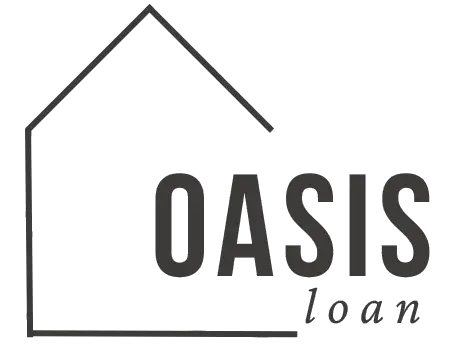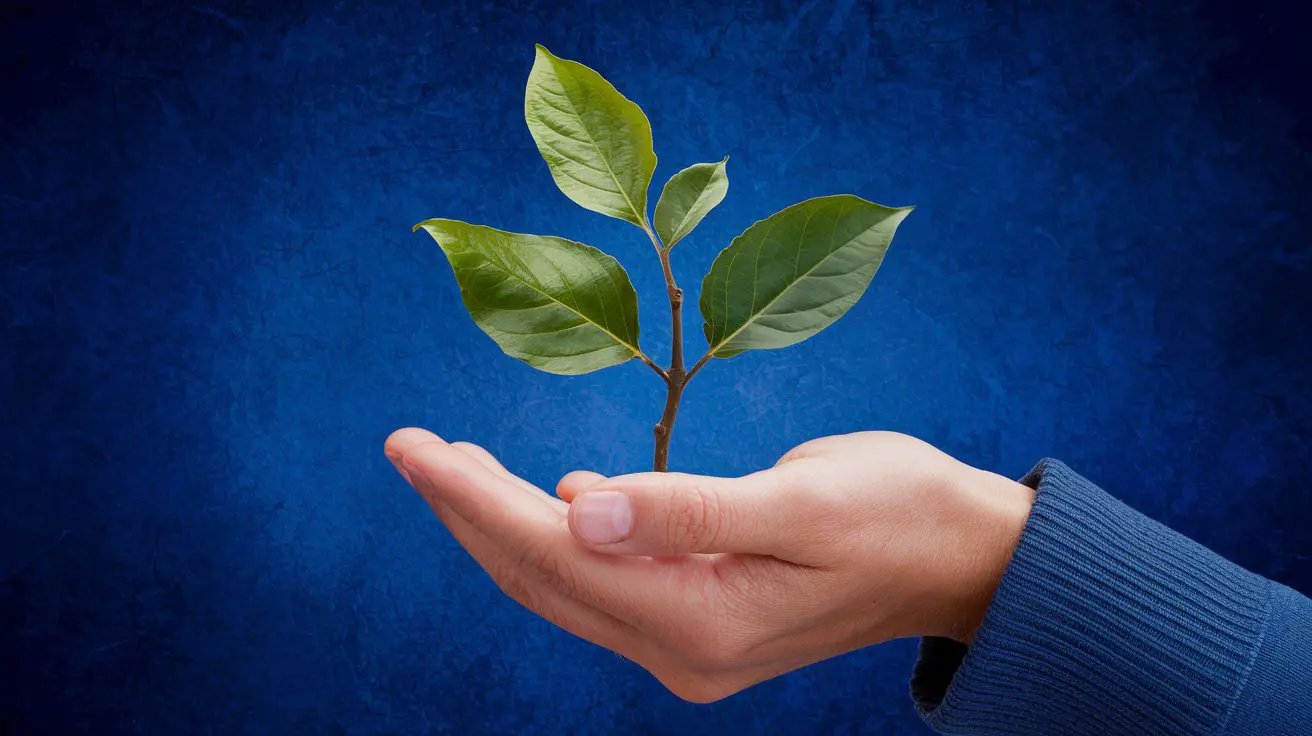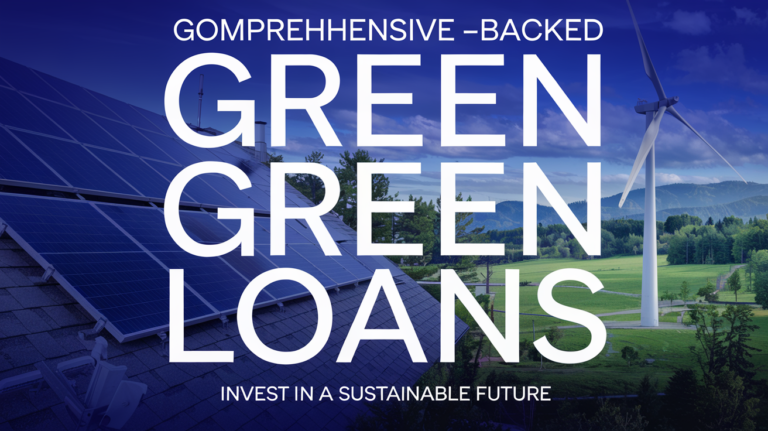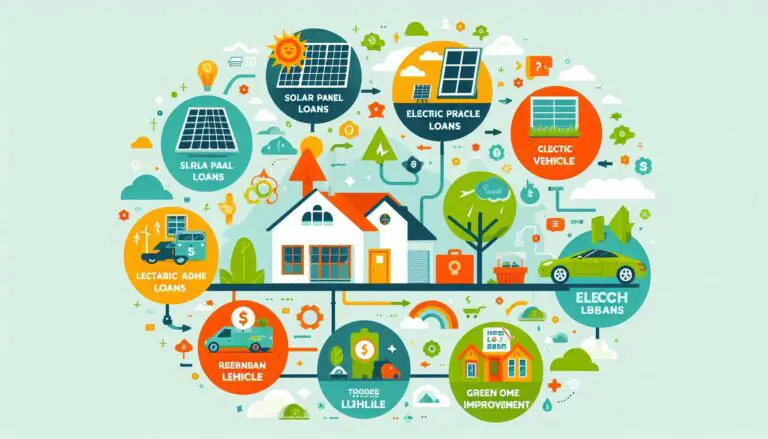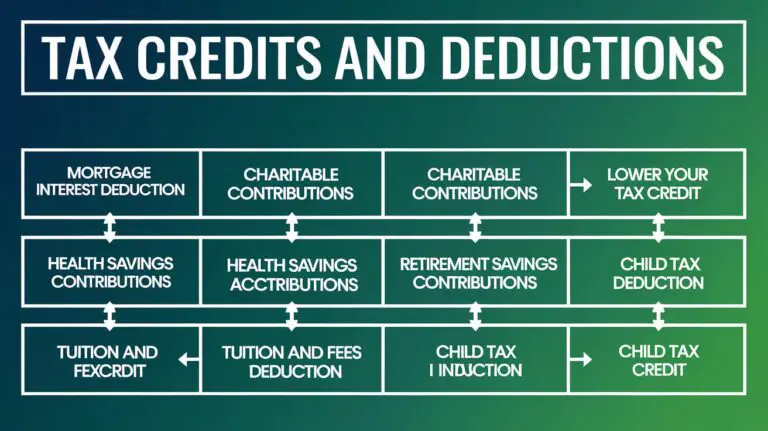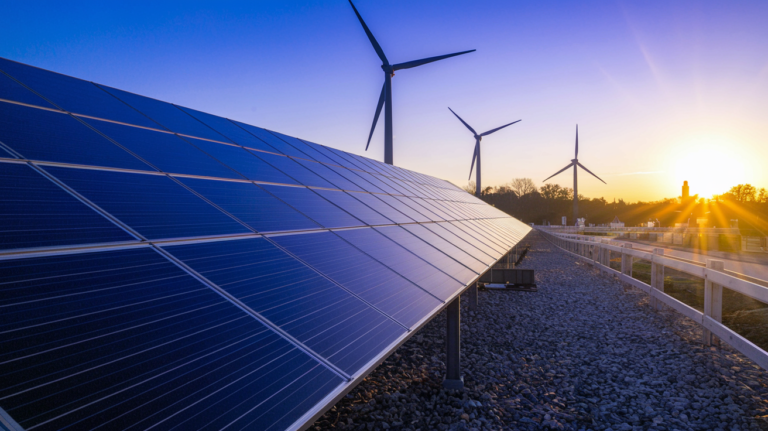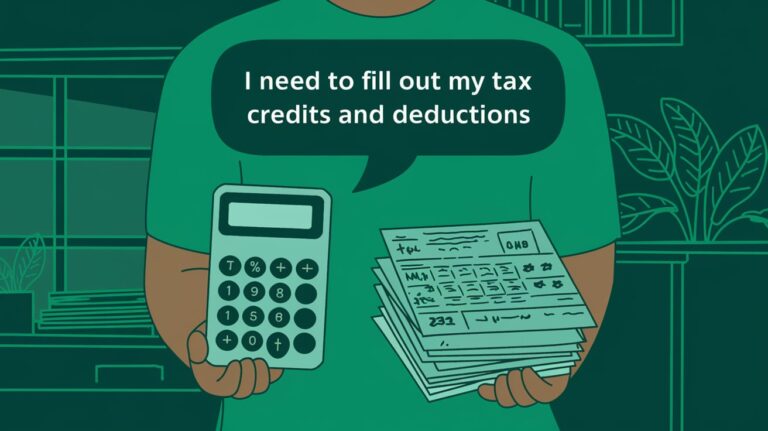Required Documentation for Eco-Friendly Loans
When applying for eco-friendly loans, such as loans for solar panels or green home improvement loans, gathering the right documentation is crucial. Proper preparation ensures a smoother application process and increases the likelihood of loan approval. This article will outline the essential documentation required for these types of loans and provide tips for a successful application.
1. Proof of Income
Employment Verification
To qualify for eco-friendly loans, you need to demonstrate a stable income. Employment verification is a primary document. Typically, lenders require recent pay stubs or an employment verification letter. Pay stubs should cover the last two to three months and show your earnings and deductions clearly. If you are self-employed, you will need to provide tax returns and possibly profit and loss statements.
Transitioning from a standard loan application, eco-friendly loans often require additional proof of income to ensure borrowers can manage the costs of green improvements. For example, self-employed individuals must present comprehensive financial documents to verify income stability.
Tax Returns
Tax returns offer a broader view of your financial situation. For loans for solar panels or green home improvement loans, lenders typically request the last two years of tax returns. These documents provide insights into your earnings, deductions, and overall financial health. Ensure that your tax returns are complete and accurately reflect your income.
2. Credit History
Credit Report
A good credit history plays a crucial role in obtaining eco-friendly loans. Lenders will review your credit report to assess your creditworthiness. Your credit report includes your credit score and a detailed history of your credit accounts, including loans and credit cards. A higher credit score generally improves your chances of loan approval.
Transitioning from income verification to credit assessment, it is essential to understand that a clean credit history reflects your ability to handle debt responsibly. If you have any issues, addressing them before applying can significantly improve your loan prospects.
Credit Score Requirements
Different loans have varying credit score requirements. For green home improvement loans, a credit score of 620 or higher is often required, though some programs might have more flexible criteria. Loans for solar panels might also have similar requirements. Checking your credit score beforehand can help you gauge your readiness for the loan application.
3. Property Information
Home Appraisal
For loans related to home improvements, including loans for solar panels, a home appraisal is usually required. An appraisal provides an estimate of your property’s value, which helps lenders determine the loan amount you qualify for. The appraiser evaluates the condition of your home and any proposed improvements. Ensuring that the home appraisal is recent and accurate is crucial.
Property Tax Records
Lenders also require property tax records to confirm that your property taxes are up to date. These records provide evidence of your property’s current value and ensure that there are no outstanding tax liabilities. Keeping these records current and readily available will help streamline the loan application process.
4. Loan-Specific Documentation
Green Certification
For green home improvement loans, having a green certification can be beneficial. This certification verifies that your planned improvements meet specific environmental standards. Examples include certifications from LEED (Leadership in Energy and Environmental Design) or ENERGY STAR. Including this documentation can enhance your loan application by demonstrating your commitment to eco-friendly practices.
Project Estimates and Plans
When applying for loans for solar panels or green improvements, detailed project estimates and plans are essential. Lenders require these documents to understand the scope and cost of the proposed work. Having multiple estimates from contractors and a clear project plan will provide a comprehensive view of your planned improvements.
Transitioning from general loan requirements to project-specific documentation, presenting detailed estimates and plans ensures that your application is well-supported and clear. Accurate estimates help lenders assess the viability of your project and make informed decisions.
5. Identification and Proof of Residency
Government-Issued ID
A government-issued ID, such as a driver’s license or passport, is necessary to verify your identity. This documentation is standard for all loan applications, including eco-friendly loans. Ensure that your ID is current and matches the information provided in other application documents.
Utility Bills
Utility bills can serve as proof of residency. Lenders might request recent utility bills to confirm your address. These bills help validate that you reside at the property where improvements will take place. Keeping your utility bills current and accessible is beneficial during the application process.
Conclusion
Securing eco-friendly loans for projects like solar panel installations or green home improvements requires thorough documentation. From proof of income and credit history to specific loan-related documents, each piece plays a critical role in the approval process. By preparing these documents in advance and understanding the requirements, you can streamline your application and enhance your chances of success.
For more information on loans for solar panels and green home improvement loans, consider checking out the following resources:
- U.S. Department of Energy: Solar Energy Loan Programs
- Environmental Protection Agency: Green Building
- National Renewable Energy Laboratory: Solar Financing Options
